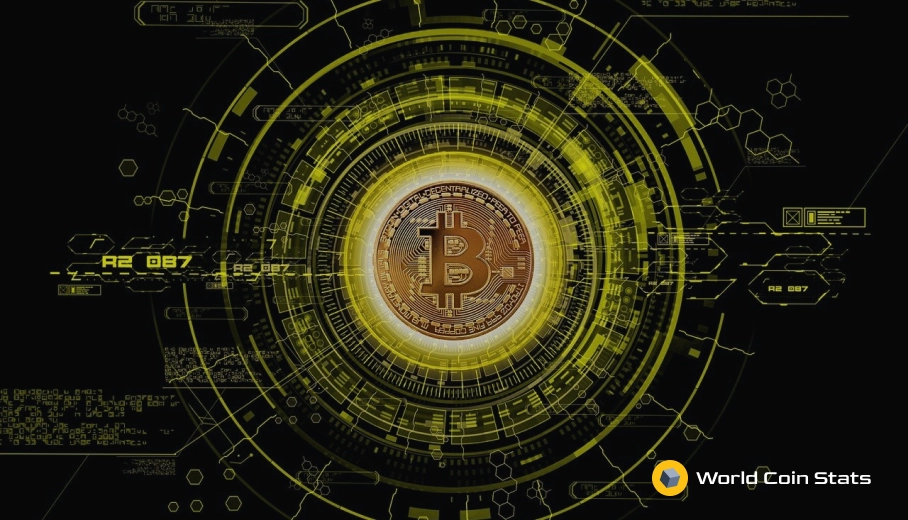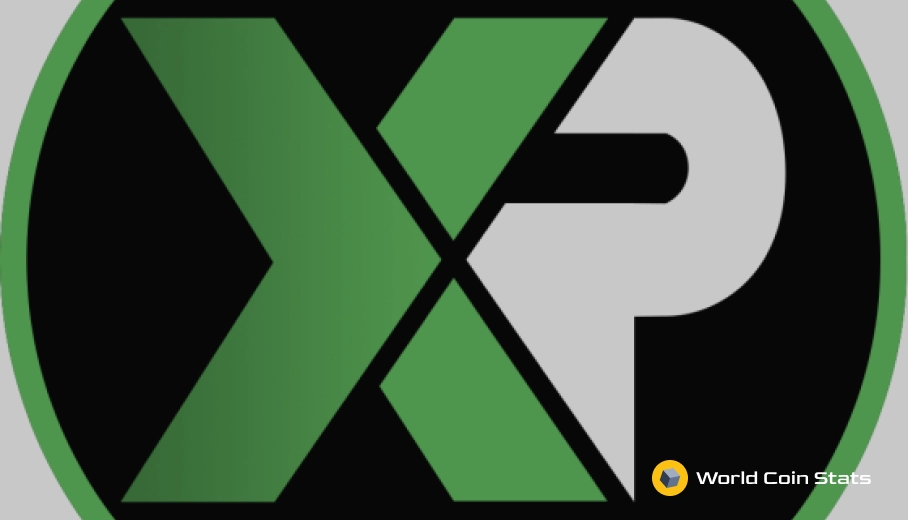Derivatives in DeFi
Traditional, centralized finance has a financial instrument called a derivative. Derivatives are a cornerstone of finance because they allow those in the financial industry to make bets on the underlying asset without actually holding the asset.
In the case of DeFi and cryptocurrency, the biggest derivative market would likely be options and cryptocurrency futures. For instance, someone that purchases cryptocurrency futures would be able to bet on the future price of the underlying cryptocurrency.
Anyway, this article will cover how derivatives can positively impact the cryptocurrency industry. We will also examine some popular derivatives protocols on DeFi.
Why DeFi Derivatives are a Gamechanger for Cryptocurrency
As we mentioned previously, DeFi derivatives will be a gamechanger for cryptocurrency. DeFi will lead the charge in the cryptocurrency derivatives market. Here are some of the reasons that derivatives will positively change cryptocurrency.
The Derivatives Market is Huge
First, the traditional derivatives market is massive. There are no exact numbers because it’s so big, but estimates on the size of the derivatives market range from $10 trillion to $20 trillion dollars.
That is huge. And it’s amazing to think that cryptocurrency has a smaller derivatives market than the underlying asset market. In fact, that is the inverse relationship that derivatives typically have with their underlying asset.
It’s actually pretty strange that cryptocurrency has expanded into a nearly trillion dollar industry with an almost non-existent derivatives market. It’s a good thing because it means that once derivatives take place in cryptocurrency the value of the underlying cryptocurrency should increase.
Financial Systems Require a Derivatives Market
This point should be fairly obvious by now, but a financial system basically requires a derivatives market. Again, the reason for this is simple:
Most of the liquidity on a financial market takes place on the derivatives market rather than the traditional market. The common example is the difference between the normal stock market and the options and futures market.
For those that don’t know, the futures and options market generally has more volume than the standard market for trading stocks.
Derivatives Allow Hedging Risk
The popularity of derivatives come down to one thing:
Hedging risk.
Derivatives allow investors to hedge their risk. A common scenario is using put options or swaps as a sort of insurance policy in the case of a price crash.
For example, an investor could purchase a put option at a predetermined price to lock in some of their profit. The put option obviously has a fee, but investors commonly use put options to hedge risk.
At the moment, cryptocurrency does not really have this as an option because the derivatives market is borderline non-existent. If someone purchases Bitcoin, then they are stuck with it. No option really exists to hedge the risk involved with purchasing cryptocurrency.
It’s an unfortunate scenario for institutions. And it’s part of the reason that the cryptocurrency market has been mostly driven by retail investors.
Institutions Will Enter The Cryptocurrency Market
The most important impact DeFi derivatives will have is that financial institutions will enter the cryptocurrency market if they can use derivatives to hedge their risk.
Now, there are some institutions that have taken the risk and invested in cryptocurrency, but it’s only a handful of institutions and a relatively small amount of money compared to the large amount of capital on Wall Street.
We fully expect Wall Street to heavily invest in cryptocurrencies once the derivatives market matures.
Will Wall Street Use DeFi?
A common sentiment in DeFi is that financial institutions will not bother using DeFi for derivatives. DeFi will be aimed at retail investors.
That could be true. However, it’s our opinion that financial institutions will use DeFi for cryptocurrency derivatives once the market has matured enough.
In other words, there needs to be a legitimate DeFi derivatives market with large liquidity. Don’t expect any institutional involvement with a derivatives market that has liquidity in the tens of million.
It needs to be a few billion in liquidity before Wall Street will get involved.
Will Derivatives in DeFi Face Regulation?
Another concern in DeFi is the potential for regulation. It seems likely that DeFi will face some regulation at some point. Especially if DeFi attempts to make a move in the world of standard finance with stocks and bonds.
That said, it seems improbable that DeFi will face any regulation in the short and medium term future. Cryptocurrency is a mostly unregulated market because it is treated as property rather than a security.
This is great news for DeFi. Remember, regulation will stifle growth in an emerging market.
Will DeFi Cannibalize Traditional Finance?
Another common sentiment with DeFi is that it will cannibalize traditional, centralized finance. This could happen, but it will not happen in the short term nor medium term future.
The problem with DeFi cannibalizing traditional finance is that it must meet tight regulatory controls to participate in traditional finance (ie. stocks and bonds).
At the moment, DeFi has only offers a solution for cryptocurrency derivatives.
Could it offer derivatives on traditional financial investments?
Sure. But first it first must prove itself in the cryptocurrency space before it can realistically take on Wall Street.
DeFi Derivatives Protocols
There are hundreds of DeFi protocols available. However, most of the protocols focus on some form of yield farming, which is technically part of the derivatives market. But it’s not really the type of derivative that an investor would think about when they think of derivatives.
Our list will cover the more traditional derivative protocols available on DeFi – options.
FinNexus
FinNexus launched a beta in July of 2020. The FinNexus protocol allows users to write and trade options tokens of popular cryptocurrencies.
The options contract is regulated by a smart contract on an ERC-20 token and has the same functionality as a standard options contract with a strike price and expiration date.
The interesting part about FinNexus, and all DeFi protocols, is that it’s permissionless. This means that anyone can mint an options token (contract) if they have enough collateral to back the contract.
FinNexus also provides a platform for users to buy and sell these options tokens (contracts). Again, it functions the same as a standard options platform. The liquidity is low because it’s a new, emerging market, but the popularity should increase over time.
Hegic
Hegic is another options trading protocol on DeFi. The difference between FinNexus and Hegic is that Hegic only has two coins available for options:
The benefit of this is that both these cryptocurrencies are on the Ethereum blockchain, so everything settles on-chain. This makes it faster and reduces fees.
Hegic also has a governance token – $HEGIC. Holders of the token receive a share of the fees collected by the protocol, which encourages investors to purchase the token. The caveat is that $HEGIC is currently not available. Instead, investors receive a token called $rHEGIC. This is essentially an IOU on $HEGIC that can be converted to $HEGIC once the platform exceeds $100 million in liquidity or on November 11th, 2021.
All things considered, Hegic is a great choice for options on DeFi. The token selection is small, but the governance token and liquidity mining should make Hegic one of the more popular options trading protocols on DeFi.
Summary
That covers it for derivatives on DeFi. We would like to emphasize that this is an extremely new market – it only really began in the middle of 2020. This means that it has a lot of kinks it will have to sort out as it matures.
However, the future of derivatives on DeFi looks great. And this bright future will have a positive impact on the mainstream use of cryptocurrency in the financial industry.




